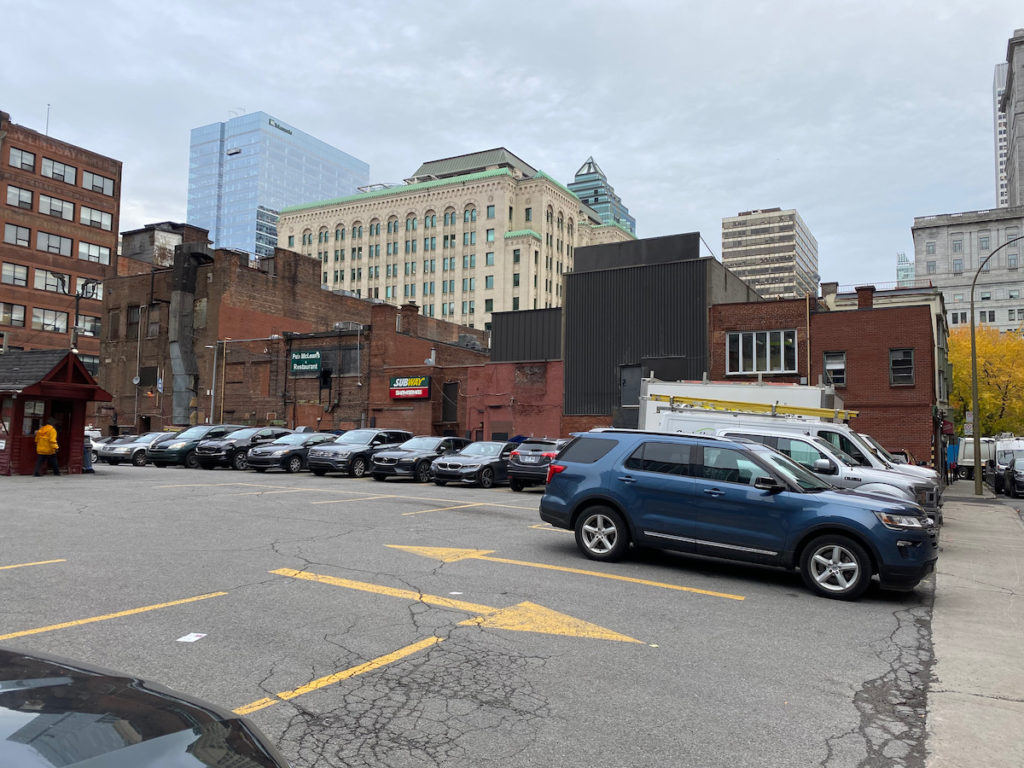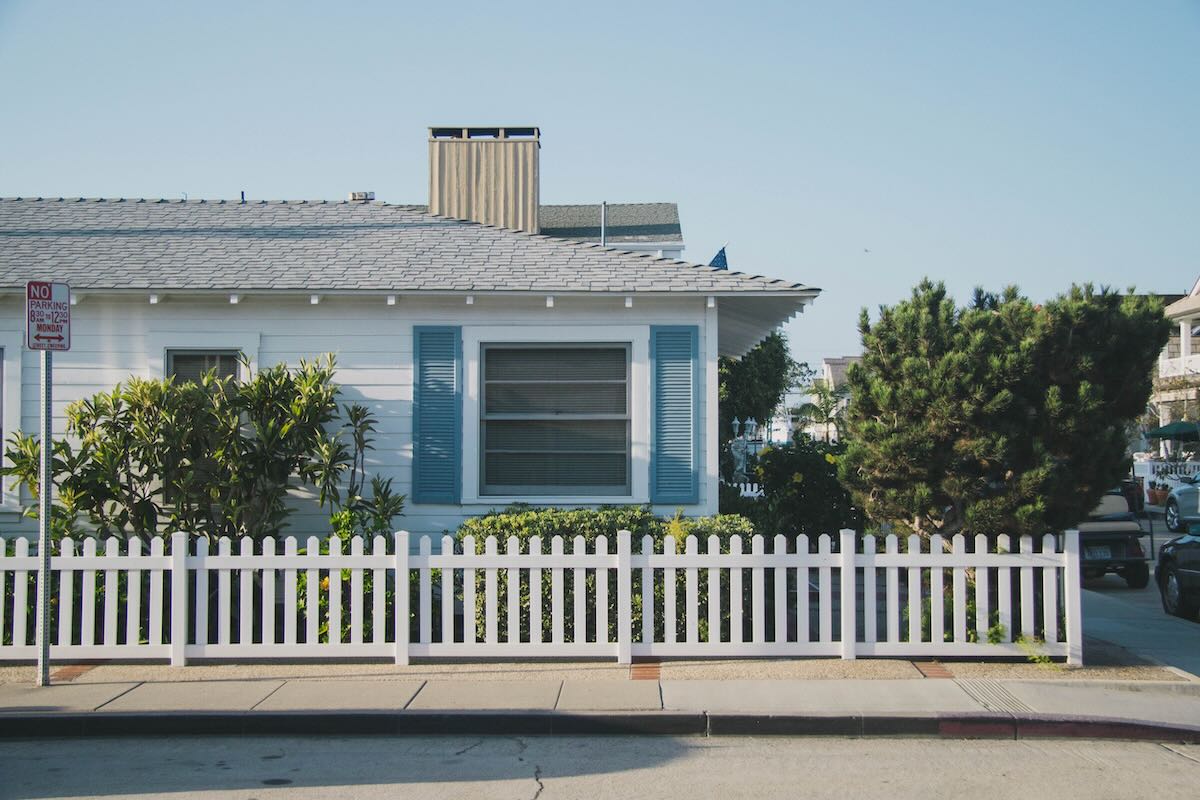Part 2, Solving the Housing Crisis, Issue 46

Any serious strategy for the ambitious development of Targeted Housing requires affordable land. Private developers scour city neighbourhoods to find the best locations. In many municipalities, market forces have driven up prices to “beyond affordable”. Post acquisition, developers spend years seeking various zoning changes for usage and density through height. Without these changes most planned projects would not be economical.
Targeted Housing means social, affordable, and family housing
Waters Edge Definition
Development delayed, Targeted Housing delayed
Approvals require:
- Compliance with subjectively interpreted complex zoning and planning restrictions
- The mollification of ever shifting municipal objectives for social and affordable housing as well as family homes
- Protection of heritage sites
I could go on. Often, it takes a developer five years or more to negotiate a development agreement and for permits to be issued. This leads to an even longer delay in the build-out of the relevant tranche of social, affordable, and family housing that is tied to the new development. A regulatory approach of imposing standards on private developers do not work. These lead to inevitable delays in the development of Targeted Housing.
Cities already have inventories of land

For ambitious housing programs to become a reality, cities need to own and / or control the largest land inventories in their respective jurisdictions. Cities do not start out with zero land holdings. There are municipal buildings, parking lots, and garages to assess. Every year cities take possession of real estate for the non-payment of taxes.
Other arms of government own vacant land and developable volume over public infrastructure such as transit stations and highways. In mosts cities, there are land assemblies in great locations that look abandoned .
Tactics to add to the land bank

There are strategically located, under utilized sites in almost every municipality. Cities should consider the various tools at their disposition to increase the ownership burden of vacant land, empty storefronts, and surface parking lots (“Ugly Assets”). These could include:
- An Ugly Asset surtax justifiable by their deleterious impact on surrounding property values and personal safety issues. There are over 1400 violent crimes committed in US parking lots everyday. Research by The Harvard Business Review demonstrates that crime increases around vacant store fronts. (Conversely, I would like to see reduced business and municipal taxes for street front retail leased to local merchants but that is a topic for another time)
- Imposition of stringent infrastructure and maintenance standards that require good lighting, landscaping, elimination of chicken-coop parking sheds, tidy storefronts, and clean windows
- Elimination of parking lot permits that coincide with every improvement in public transit
- And where required, courageous expropriation.
These tactics could create opportunities for city governments to add to their land banks. After all, ambitious development of Targeted Housing requires affordable land.
Part 3 of this series will look at deregulation.
The usual reminders:
- Buy better, buy less, reduce, repair, reuse and recycle
- Shop local, support local businesses, buy from local farms, and support local artisans and manufacturers
- Wear face masks where required, practice social distancing, hydrate, and exercise





